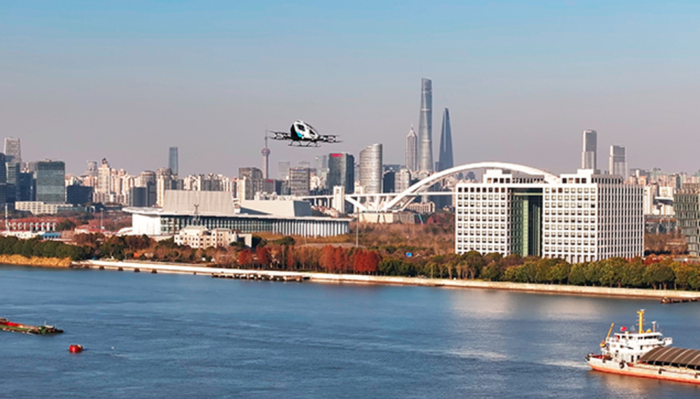Survey Finds Data Accuracy Among Top Challenges for Supply Chain ManagersSurvey Finds Data Accuracy Among Top Challenges for Supply Chain Managers
Smart-tag manufacturer Impinj’s 2025 Supply Chain Integrity Outlook highlights need for quality inventory data

Inaccurate inventory data is one of the top problems facing supply chain managers, a new report finds.
While most (91%) managers are confident they can keep track of their inventory, only about a third are actually able to obtain accurate, real-time information about their stock, according to the 2025 Supply Chain Integrity Outlook report from Impinj, which manufactures smart-tags for inventory management.
The report, which is based on a survey of 1,000 U.S. supply chain managers, shows how inaccurate data prevents managers from meeting key challenges, such as counterfeit goods, shrink and theft, misload and delivery errors and implementing AI within the supply chain.
Among the survey’s respondents, 65% identified keeping counterfeit goods out of their supply chains as a challenge, and 98% of retail managers are taking steps to combat the problem. Among these measures, implementing new technologies for goods authentication in transit is the most common, at 44%, followed by adopting new tech for general goods verification (42%) and adding authentication checkpoints (40%).
Sixty percent of retail supply chain managers agreed that combating shrink and theft is a major concern, with 99% taking steps to curb it. Increasing security checkpoints during transit and delivery was the top measure favored by respondents (48%), followed by implementing new technologies for tracking goods (41%) and shop-floor surveillance (37%).
Shrink is a top challenge for an overwhelming majority of managers in the food, grocery and restaurant sector, at 82%. Shoplifting (45%), food spoilage (37%) and food waste (35%) are the top drivers of shrink, according to respondents, who said implementing new technologies for shop-floor surveillance (45%), tracking goods (44%) and reducing food waste (44%) are their primary means of tackling the problem.
Load-planning problems, misloads and delivery errors are primary concerns for managers in the transportation and logistics sector. Delivery and last-mile misloads (24%), label inaccuracies (22%) and point-of-packaging mistakes (18%) were the top three drivers of errors, the survey found. As the transportation industry seeks to increase sustainability, improving shipment accuracy and reducing errors is a key area of investment for 48% of respondents, topped only by implementing new technologies, at 50%.
Looking ahead, as supply chain managers seek to use AI to increase efficiency, improve real-time decision making and optimize inventory management via predictive analytics, data accuracy (43%), data availability (39%) and access to real-time data (36%) were identified as the top challenges, ahead of or tied with cost (36%) and integration with consumer-facing systems (34%).
“Supply chain managers continue to face data blind spots that prevent them from ensuring secure, reliable and adaptable supply chains,” said Jeff Dossett, Impinj’s chief revenue officer. “It’s essential that organizations address the data accuracy gap by putting technology in place to surface accurate data that fuels the real-time, actionable insights and visibility needed to ensure supply chain resilience.”
About the Author
You May Also Like








